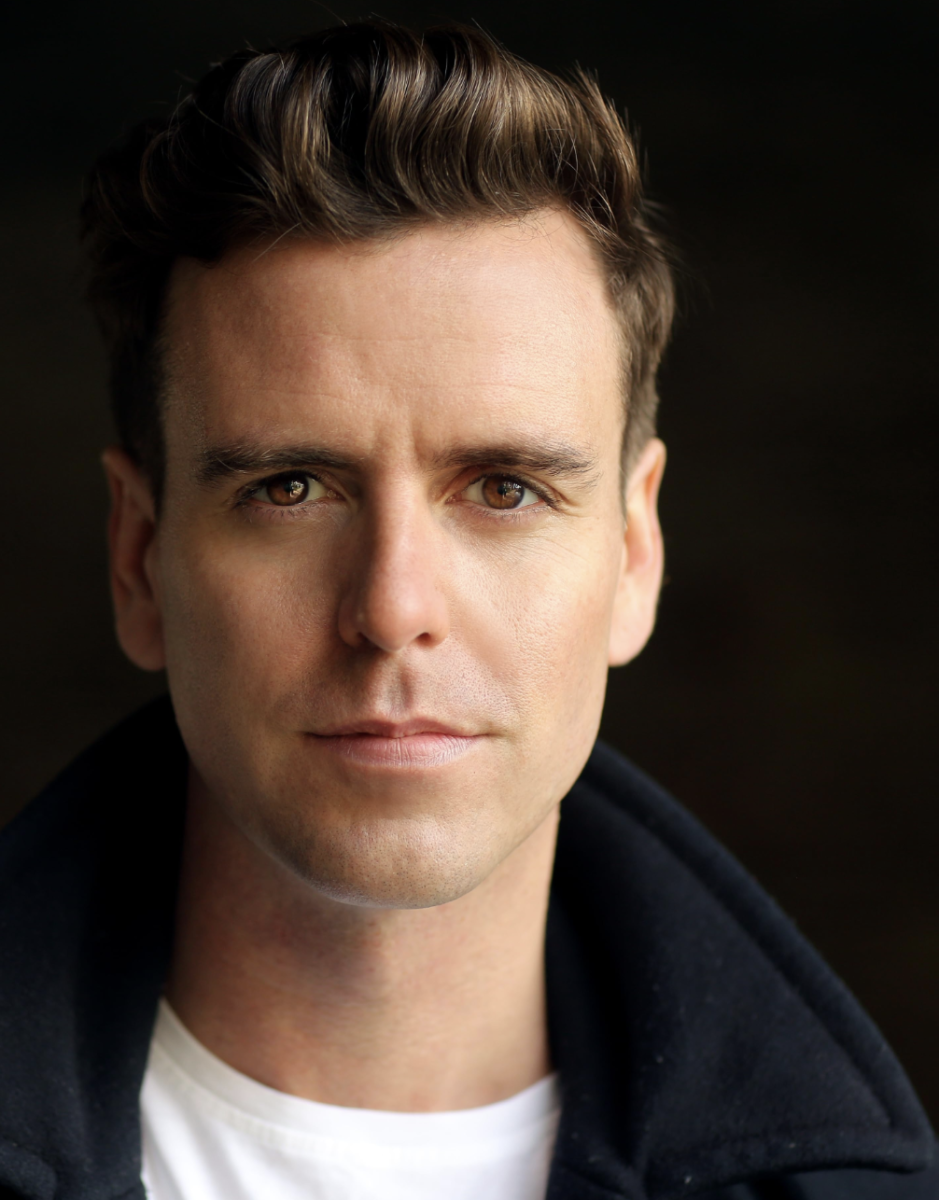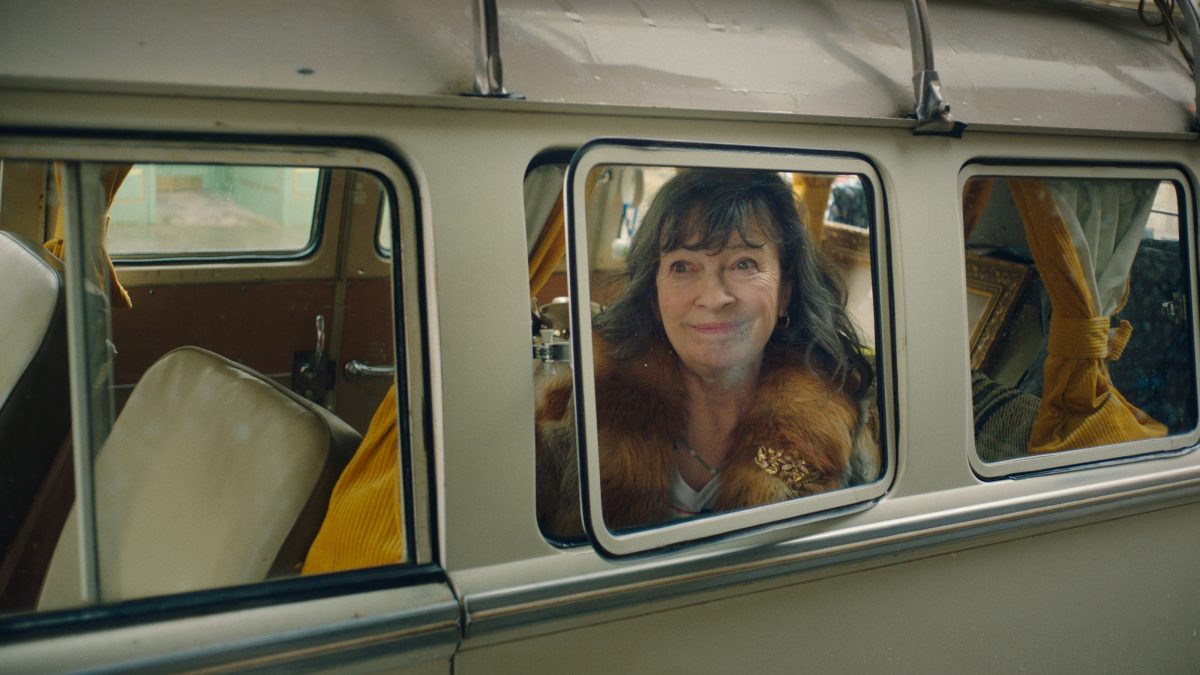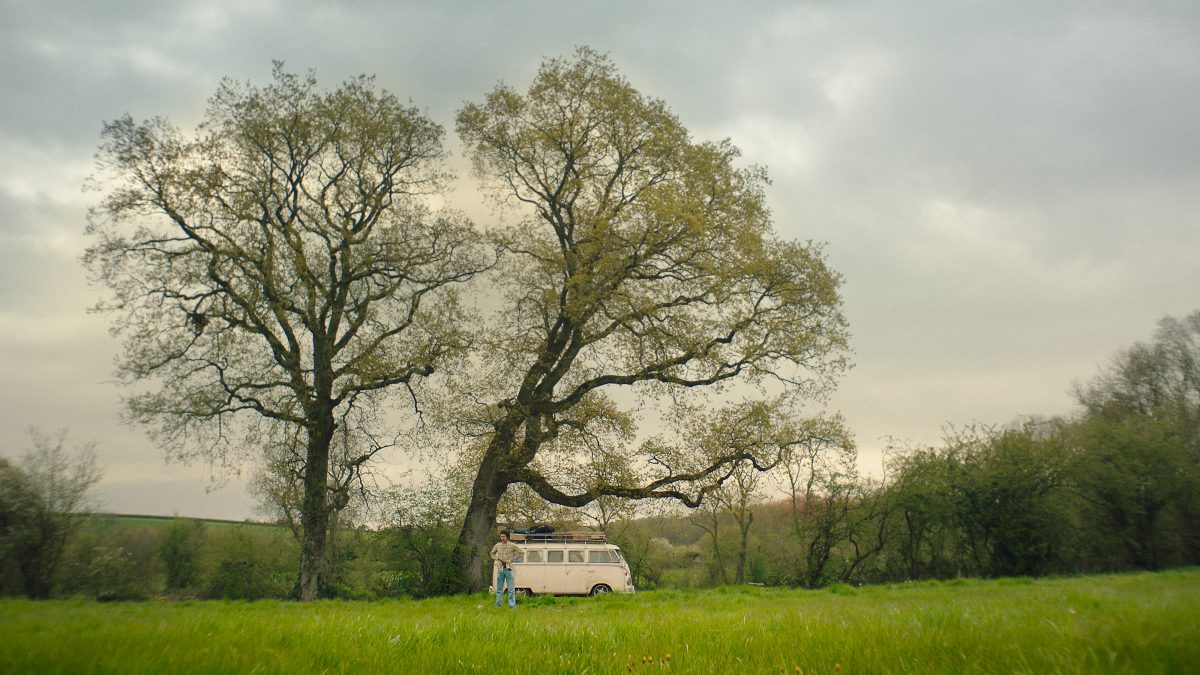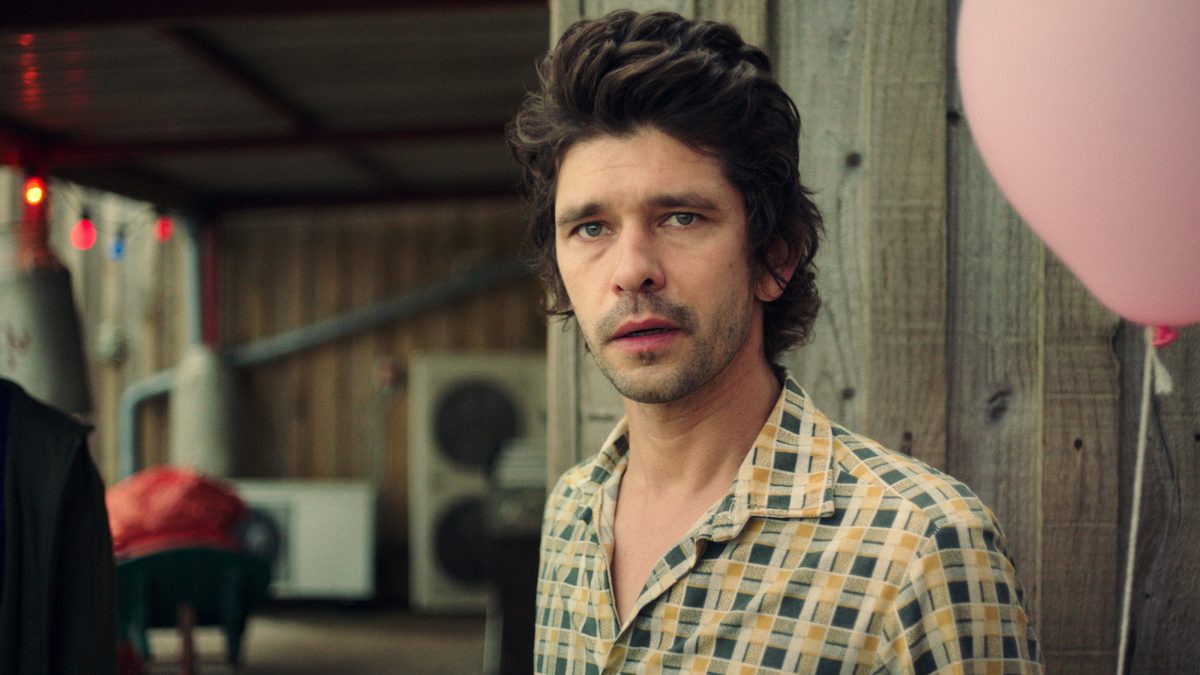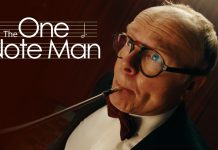Film-maker Tom Stuart, with help from acclaimed actor Ben Whishaw, examines the plight of a young man dealing with trauma in the short drama,. GOOD BOY.
Film And TV Now spoke with the film-maker about the short.
The film deals with the issues of grief and mental health. What was the startoff point for the short?
My Mum died at the beginning of the pandemic. She was loud, funny, clever, and brilliant and I adored her. The loss has been enormous, and I have battling grief ever since.
Grief looks nothing like I expected it to; it’s a shape-shifting beast that attacks you in a multitude of ways, and that’s what I wanted to look at in this film. ‘Good Boy’ is both a love letter to my Mum and an attempt to process and figure out how to deal with the loss.
Ben Whishaw is the main focus of the film with his troubled character. How did he get involved?
I used to know Ben a long time ago when we were just starting out. We met up again during the pandemic and he encouraged me to direct, it was the impetus I needed: I went straight home and started writing. A while later Ben read the script and agreed to come on board. Working with him on this has been one of the biggest privileges of my career.
Tell us about the rest of your cast.
I have been really blessed with an amazing cast. I’ve admired Marion Bailey for years and was beyond thrilled when she agreed to play the part of the mum. Ben and Marion work beautifully together as mother and son, they’re such highly skilled, sensitive performers.
The joy of directing a film after having been an actor for 20 years is that I get to hire and work with the actors that I’ve admired and loved: the ensemble cast is made up lots of very talented friends and old colleagues. As a first-time director I couldn’t have asked for a more talented, joyful group of people.
Tell us about your production team.
I struck gold here too. All of the crew and production team came at this with passion and generosity.
I have three brilliant producers who have given their all to make this film happen. Adam Singodia is a brilliant DOP, the supremely talented Gabriela Yiaxis did our costumes and our editor Selina Macarthur is a genius.
Where did you shoot and for how long?
We shot over four days in April. We had the enormous privilege of filming on Worthy Farm, the home of the world-famous Glastonbury Festival. It’s very special, beautiful land and Emily Eavis and her team could not have been more supportive of the project.
A gun is used in the film. Was that always an integral part of the script?
Yes. The gun heightens the stakes of the film and gives us insight into how badly the lead character is spiralling. It also gives us an opportunity for some unexpected fun.
Who and what are your key cinematic influences?
I’m a huge fan of Andrew Haigh, Maren Ade, Pedro Almodóvar, and Sebastian Leilo. But the filmmaker who has had the biggest influence on me and my work is Mike Leigh.
What issues and themes are you keen to explore in future work?
I’m endlessly interested in what makes us human: the stories we tell ourselves, the things we don’t tell each other, and the identities that we construct.
I want to make socially conscious work that’s entertaining and fun but questions who we are and examines why we behave as we do. I’m always trying to untangle something in my work that I’m struggling with in my own life, things that I need to understand and process: so who knows what will come up next!
Are there plans to show the film to mental health charities as a point of reference?
Yes, we are working in conjunction with a fantastic charity called ‘Let’s Talk About Loss’ who work with bereaved teenagers.
As a culture we’re terrified of talking about grief and death, this film is my attempt to encourage people to share their own experiences of loss.
How has the festival circuit helped your film?
It’s such an honour to be accepted into festivals, it’s an opportunity to share the film with an audience – which is really the whole point in making anything. Having a festival’s stamp of approval is really validating and encouraging.
Finally, what are you most proud of about this short?
I’m proud that it got made – getting a short film financed and finished is so hard and I have deep admiration for anyone who manages to do it.
But mostly I’m proud of the audience’s reactions to the film: after every screening people seek me out to share their stories of loss and grief. The fact that audience members are connecting with the film and seeing something of themselves in it is deeply moving and rewarding.
Please follow and like us:


